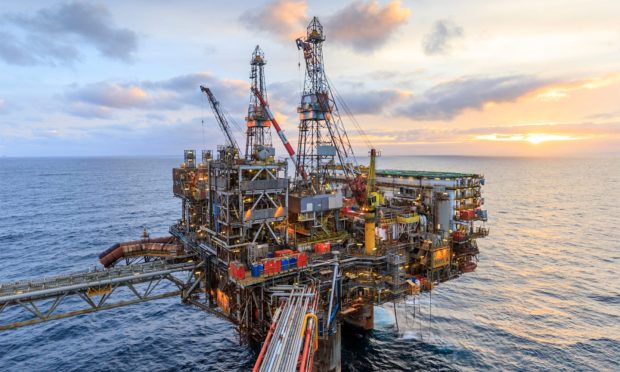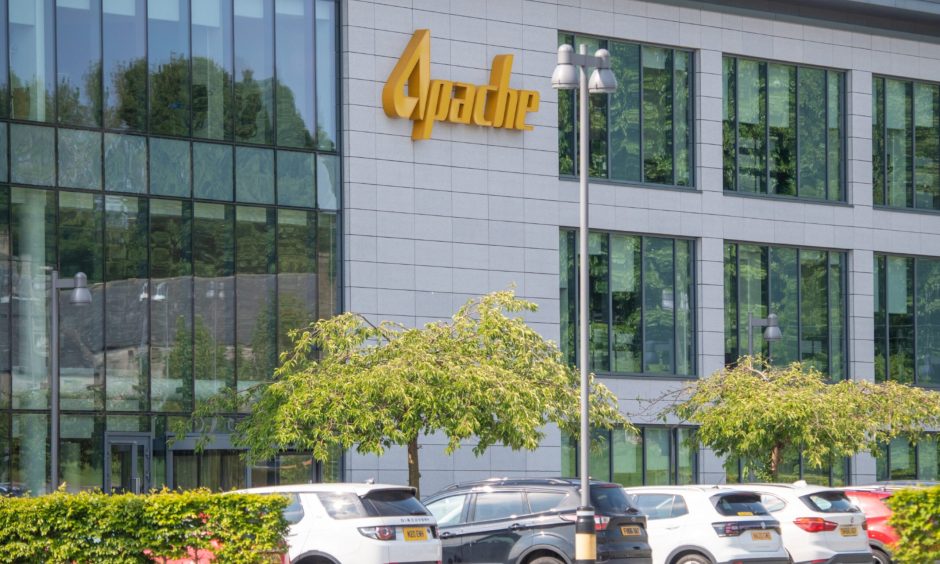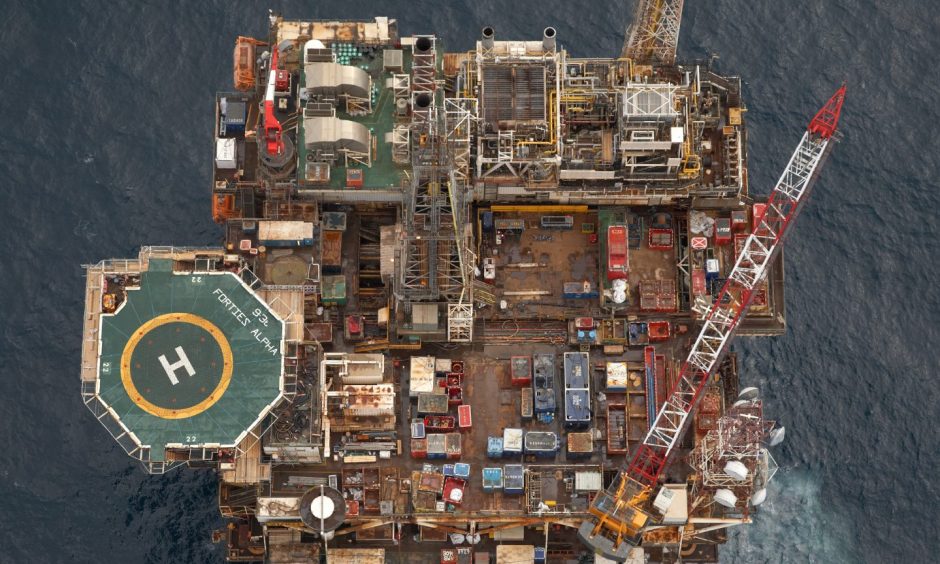Oil firm Apache is blaming windfall tax after revealing plans to exit the North Sea by the end of 2029.
It said confirmation of changes to the Energy Profits Levy (EPL) in the recent budget means it could not continue to invest in its North Sea assets calling it “uneconomic”.
The firm, now known as APA Corporation, determined expected returns wouldn’t support investments required under the combined impact of the regulations and has made the decision to cease all UK operations by 2030.
Last week’s budget, delivered by Rachel Reeves, announced the windfall tax on North Sea producers will increase from 35% to 38% and extended it by a year to March 2030.
‘Uneconomic’ UK operations
Chief executive John Christmann said it was “well ahead of what would have been an otherwise reasonable timeframe”.
He said: “After six months of evaluation, we have concluded that the investment required to comply with these regulations, coupled with the onerous financial impact of the Energy Profits Levy, makes production of hydrocarbons beyond the year 2029 uneconomic”.
Mr Christmann also criticised UK regulator requirements for “substantial new emissions control investments” on facilities operating in the North Sea past 2029.
The firm will run a “very limited capital programme” in the North Sea next year, before assets are decommissioned.
Apache first entered the North Sea in 2003, taking control of the Forties field.
However, last year it suspended all new drilling activity as well as making job cuts in the north-east in order to “streamline the business in Aberdeen”.
Apache accounts
In its third quarter results for 2024, Apache posted a loss of £179 million.
This included impairments of £611m relating to its North Sea assets, which include the Forties and Beryl hubs.
Earlier this year, analysts warned Forties and Beryl would go “cash flow negative” up to 10 years sooner.
This projection came as a result of Apache’s decision to forego further drilling due to the windfall tax.
Apache’s latest announcement means it joins a growing list of North Sea operators drawing down UK assets in response to the windfall tax.
Harbour Energy, Serica Energy, Deltic Energy, and Jersey Oil and Gas are among the firms looking to grow their international portfolios instead of investing in the UKCS.
Reaction to Apache North Sea exit plans
Both SNP and Scottish Conservatives have criticised windfall tax following the Apache news.
SNP economy spokesperson Dave Doogan MP said: “The Labour Party have put our skilled offshore workforce at risk and are actively draining investment.
“Risking our energy security and our ability to hit net zero – it’s potentially the worst of all worlds.
“The simple truth is that you cannot meet net zero, and you certainly cannot create green growth, if your plans hack away at both investment and the domestic workforce you need to deliver the energy transition.”
Meanwhile, Scottish Conservative shadow energy and net zero secretary Douglas Lumsden MSP called it a “devastating blow for the north-east”.
He said: “Labour have shamefully abandoned the industry and are risking tens of thousands of jobs with their reckless decisions in their budget.
“We repeatedly warned Sir Keir Starmer’s party that their policies would result in firms announcing plans like this and workers will fear this is just the start.
“Apache’s decision will have disastrous consequences and must be the cue for Labour to change their approach.”
A UK Government spokesperson said: “We are committed to making the UK a clean energy superpower, with both public and private investment required to support the transition, enhance energy security, and provide sustainable jobs of the future.
“To that end we secured £24 billion for green industries at the International Investment Summit and have made changes to the Energy Profits Levy that recognise the oil and gas sector’s role in the UK’s energy mix while asking it to contribute more to the transition – helping to fund GB Energy based in Aberdeen.”



Conversation